Posts in Category: English
post or publication in English
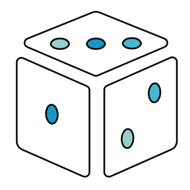

riskyr: A toolbox for rendering risk literacy more transparent
so as to make the solution transparent.
Hansjörg Neth, Felix Gaisbauer, Nico Gradwohl, Wolfgang Gaissmaier
riskyr: A toolbox for rendering risk literacy more transparent
Abstract: Risk-related information — like the prevalence of conditions and the sensitivity and specificity of diagnostic tests or treatment decisions — can be expressed in terms of probabilities or frequencies. By providing a toolbox of methods and metrics, the R package riskyr computes, translates, and displays risk-related information in a variety of ways. Offering multiple complementary perspectives on the interplay between key parameters renders teaching and training of risk literacy more transparent.
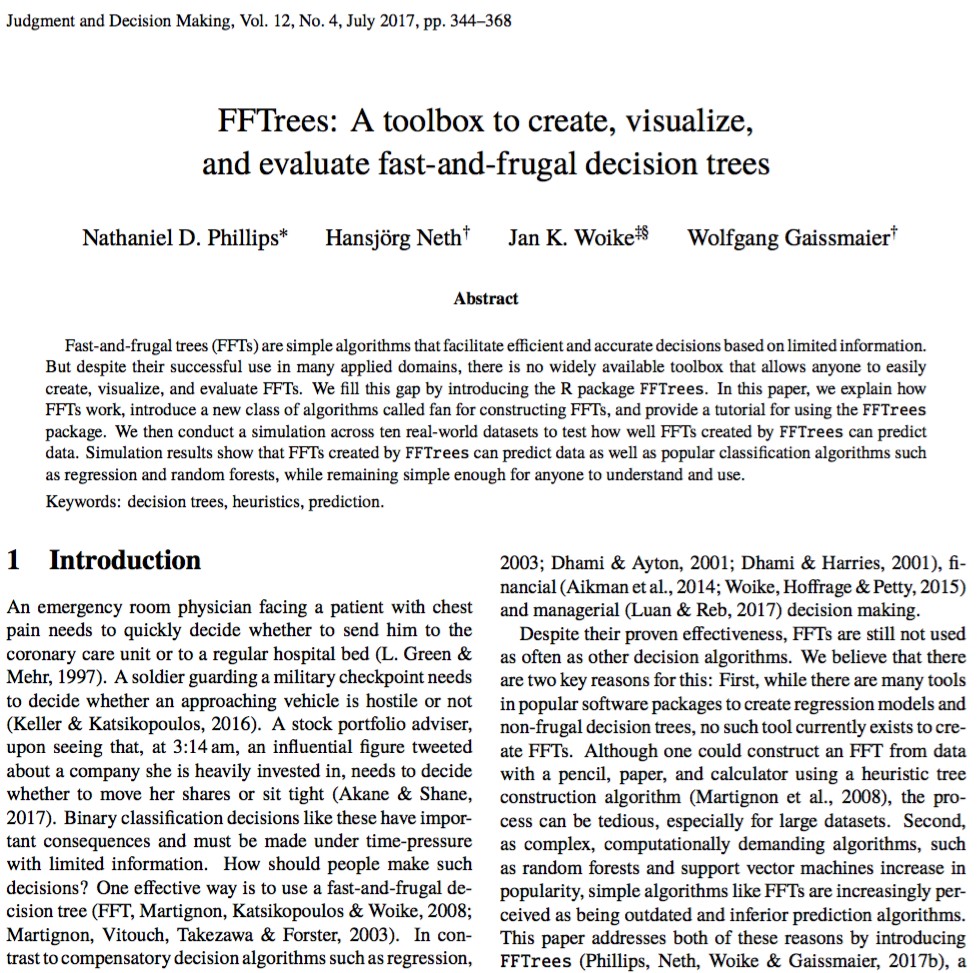
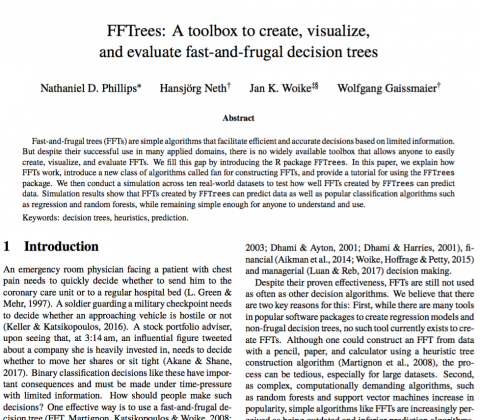
Paper: FFTrees: An R toolbox to create, visualize, and evaluate FFTs
is nevertheless totally incomprehensible to a human expert, can it
be described as knowledge? Under the common-sense definition of this term
as material that might be assimilated and used by human beings, it is not…
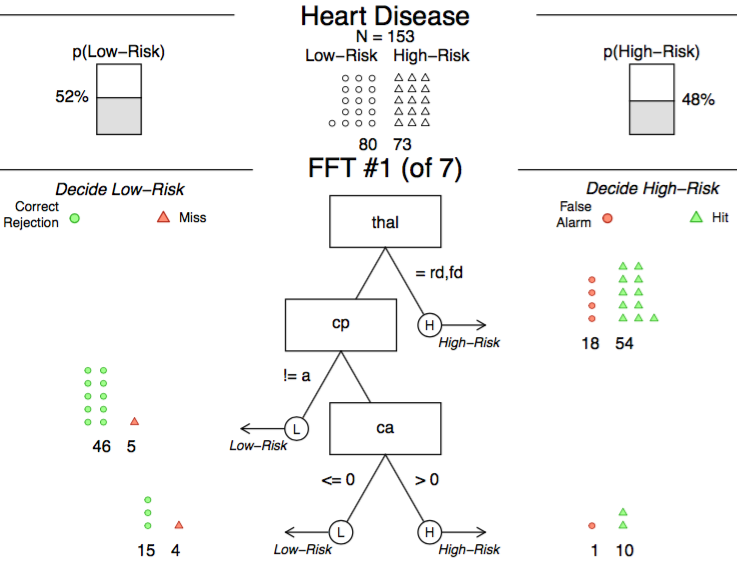
An example of an FFT predicting the risk of having heart disease.
Nathaniel Phillips, Hansjörg Neth, Jan Woike, Wolfgang Gaissmaier
FFTrees: A toolbox to create, visualize, and evaluate fast-and-frugal decision trees
Abstract: Fast-and-frugal trees (FFTs) are simple algorithms that facilitate efficient and accurate decisions based on limited information. But despite their successful use in many applied domains, there is no widely available toolbox that allows anyone to easily create, visualize, and evaluate FFTs. We fill this gap by introducing the R package FFTrees.
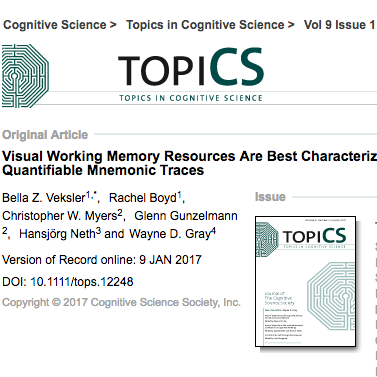

Paper: Visual working memory resources as item activation
Donald D. Hoffmann (1998), p. XII
and those involved in symbol manipulation and the organization of complex behaviors.
Ballard et al. (1997), p. 723
Bella Z. Veksler, Rachel Boyd, Christopher W. Myers, Glenn Gunzelmann, Hansjörg Neth, Wayne D. Gray
Visual working memory resources are best characterized as dynamic, quantifiable mnemonic traces
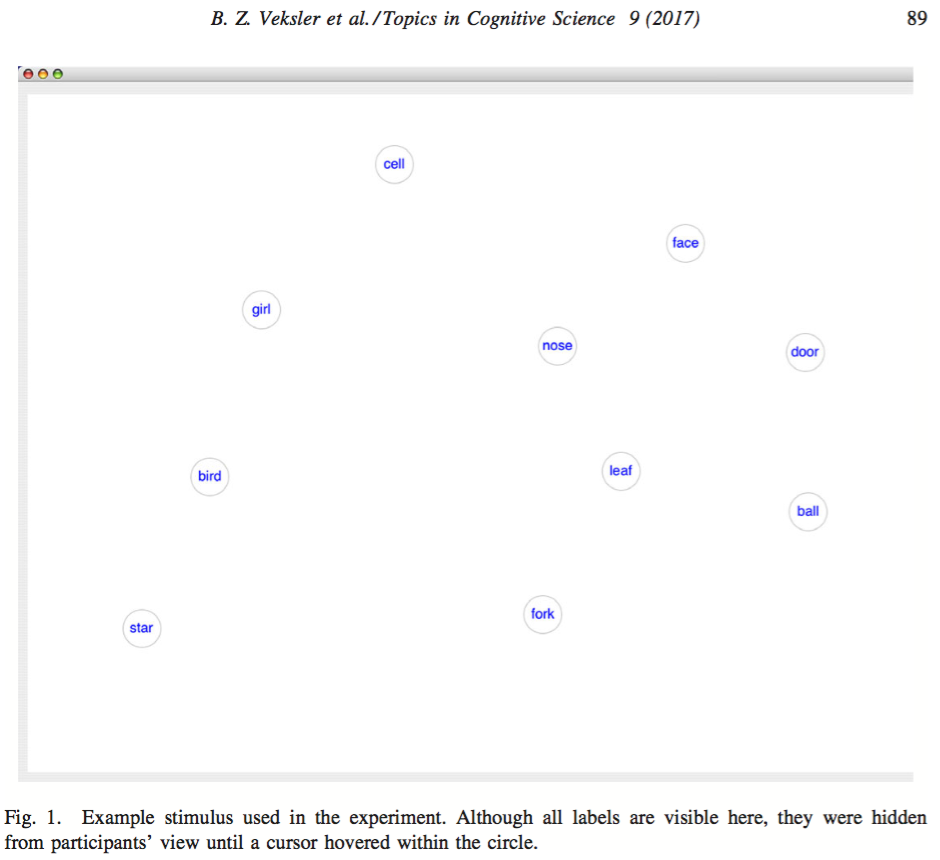
An example stimulus used in the paradigm of repeated serial search.
Abstract: Visual working memory (VWM) is a construct hypothesized to store a small amount of accurate perceptual information that can be brought to bear on a task. Much research concerns the construct’s capacity and the precision of the information stored. Two prominent theories of VWM representation have emerged: slot-based and continuous-resource mechanisms. Prior modeling work suggests that a continuous resource that varies over trials with variable capacity and a potential to make localization errors best accounts for the empirical data. Questions remain regarding the variability in VWM capacity and precision. Using a novel eye-tracking paradigm, we demonstrate that VWM facilitates search and exhibits effects of fixation frequency and recency, particularly for prior targets. Whereas slot-based memory models cannot account for the human data, a novel continuous-resource model does capture the behavioral and eye tracking data, and identifies the relevant resource as item activation.
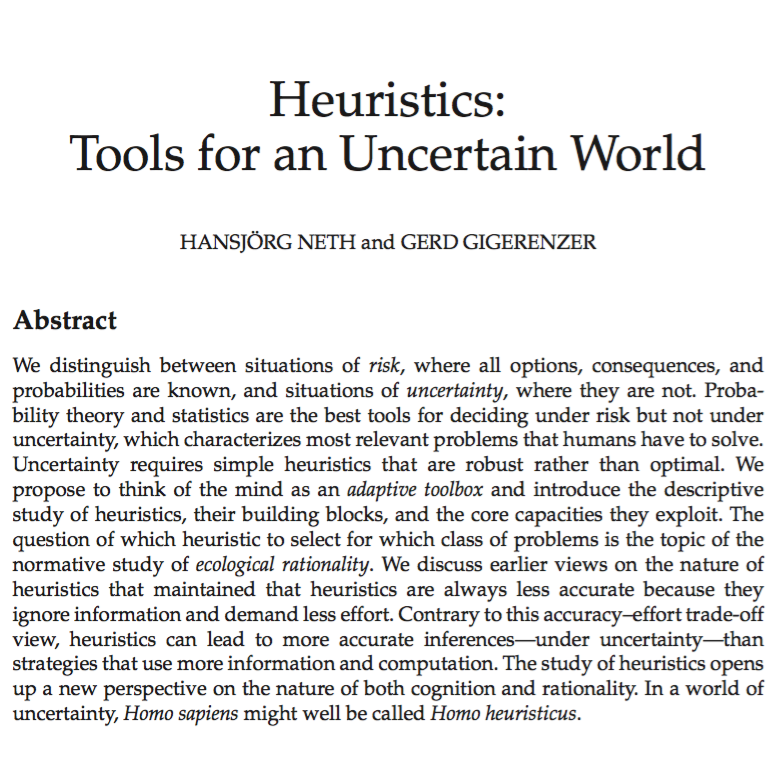
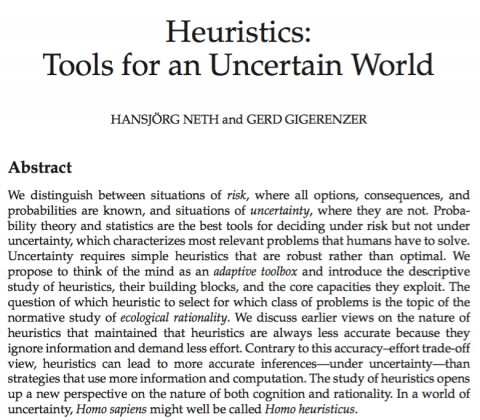
Article: Heuristics — Tools for an uncertain world
to treat everything as if it were a nail.
Abraham H. Maslow (1966, p. 15f.)
Hansjörg Neth, Gerd Gigerenzer
Heuristics: Tools for an uncertain world
We distinguish between situations of risk, where all options, consequences, and probabilities are known, and situations of uncertainty, where they are not. Probability theory and statistics are the best tools for deciding under risk but not under uncertainty, which characterizes most relevant problems that humans have to solve. Uncertainty requires simple heuristics that are robust rather than optimal.